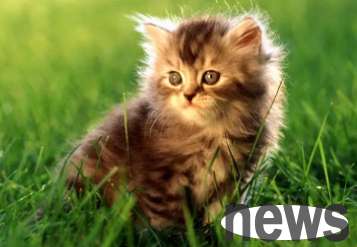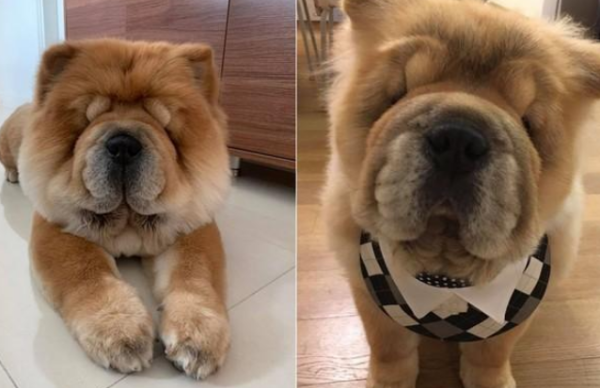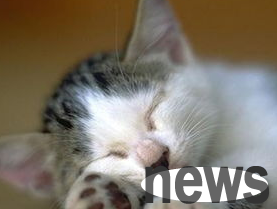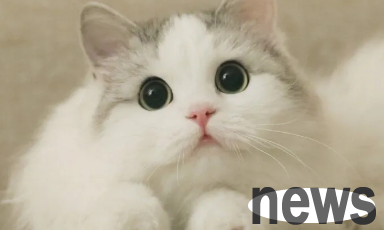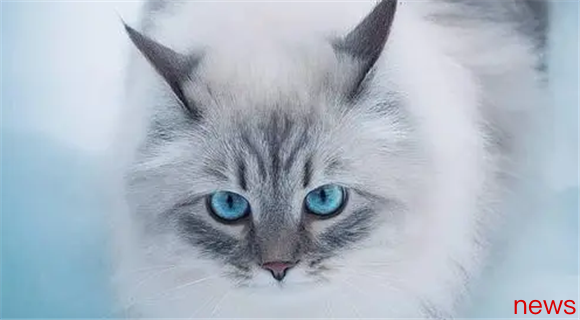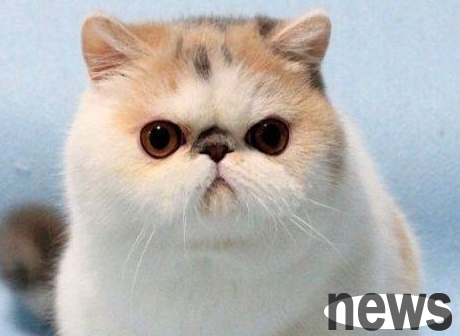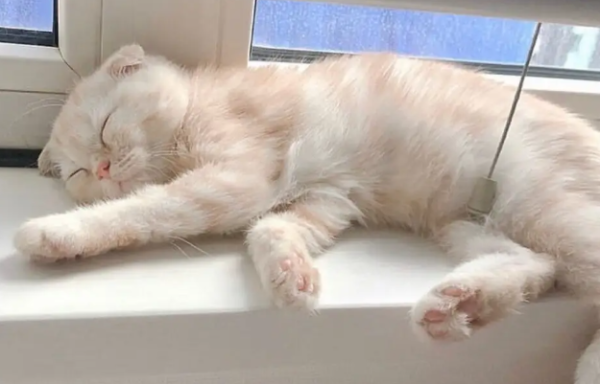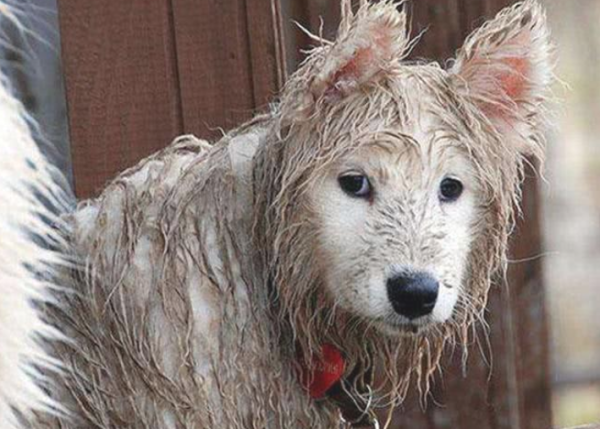Why do cats hate taking baths so much? Actually, it s not because of fear of water
The biggest nightmare for most poop shovelers is bathing their cats, because unlike tigers (the same cat family) who like to swim in wilderness waters, most domestic cats don’t seem to like to get close to any watery place.
Especially now that summer is here, you want to give the cat owner a refreshing bath. No matter how well prepared you are, the scene will eventually get out of control. Cats are stressed and people are exhausted.
Why do cats hate bathing so much? What is the relationship between cat and water? In fact, behind the cat's disgust of water, there is some interesting scientific knowledge.
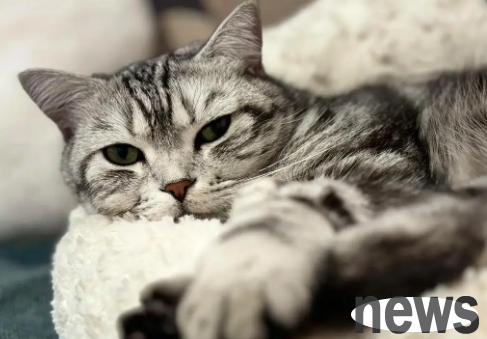
Tracing the origin - Cats are naturally different from dogs. In their domestication process, cats do not completely lose their wildness, and their shapes and behaviors are very similar to their wild cat ancestors.
In an article published in the journal Scientific American, researchers found the ancestor of domestic cats, the African wildcat through genetic analysis. This night hunter who lives in grasslands, deserts or bushes is the origin of domestic cats.
African wildcats live in arid environments and have few opportunities to access vast waters, so they do not need the skill of swimming to assist in survival.
That is to say, because the ancestors of cats are from the Middle East and Egypt, these places are hot, drought and dry. The earliest domesticated cats were animals from deserts, and they rarely contact water, which is the main reason why cats don’t like water.
The body cannot help - the fur coat is not waterproof
Most cats' hair is not waterproof. If you take their hair under a microscope to observe, you will find that the surface of the hair is covered with layers of scales like tiles, which is not waterproof.
Research published in the Journal of Cat Medicine and Surgery shows that cats have normal body temperatures between 36.7℃ and 38.6℃ (higher than the body temperature of the human body). Due to their high body temperature, their heat tolerance is also quite high, and they usually prefer heat and warmth.
Cat hair is not waterproof, and when cats are soaked in water, these layers of hair will become wet and lower their body temperature.
If the cat has long hair, the water will make it heavier, which makes it difficult for the cat to stay floating without drowning. If the hair is shorter, it will be particularly cold when exposed to water.
So put yourself in the shoes of a cat, taking a bath may be equivalent to letting a person jump into the water in a heavy sweater and pants, and his whole body is wet and heavy, and it must be a bad feeling.
In addition, some people may wonder why dogs like to jump into the water and play, but cats don't?
In fact, we often see dogs shaking the water off their fur easily when playing with water, but cats don't do this. That's because dogs' fur is closer to raincoats and it's easy to get rid of water, while cats' fur is similar to a wool sweater, which has poor water resistance and is difficult to dry in a short time once wet.
So no wonder dogs prefer swimming. Owners should not compare kittens with dogs haha!
No bathing = Don’t like to be clean?
Actually, you wrongly accuse the kittens, they have their own set of cleaning tips!
, published in the Proceedings of the National Academy of Sciences, found that cats spend hours a day licking and combing their hair. A cat's tongue is like a miniature hairbrush, and the sharp, spiked structures (called mastoids) help to comb, remove dirt and dissipate excess heat. It is simply a "bathing artifact" brought by the kitten.
And cats' sweat glands only grow on meat pads without hair coverings. They will not sweat, but will only produce oil.
Perhaps some owners will dislike the "oil" on the cat and think it looks greasy, but they don't know that this "oil" is not "dirty" for cats. On the contrary, oil can moisturize the fur and exert a good protective effect. Therefore, another function of cats licking hair in daily life is to stimulate the secretion of oil from the sebaceous glands. You can understand this behavior as applying oil evenly on the hair, just like applying conditioner~
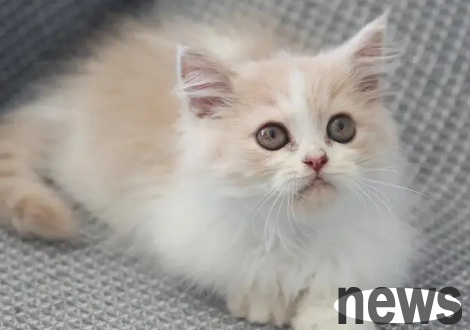
Therefore, in the cat's eyes, the cat is "doing badly" because you washed off the "oil" that it worked hard to apply. Do you think the kitten is in a good mood?
Although most breeds of cats don't like water, there are exceptions, and some breeds like to stay in water, a phenomenon related to their evolution and body structure, Turkey, Abyssinia and some hybrid or training breeds have no fear of water or swimming.
Based on the above research results, the body, fur and senses of cats are not friendly to water. Don’t force the kitten to take a bath or swim unless it is absolutely necessary. Let the kitten maintain the comfort of "glossy and bright" according to their own standards~
However, there are still differences between individuals. If you want the kitten to fall in love with bathing, it is recommended to start "desensitization training" from a young age, because if you start to come into contact with water during the kitten stage, then the cat’s ability to accept water is stronger than that after adulthood.


